Economo Lab Personnel
Chisa Oshiro, Research Unit Administrator

I was born in Okinawa but went to the United States to study American Literature with a focus on environmental literature. I wrote about the relationship between humans and nature by comparing the thoughts of great authors, artists, and architects. I also wrote about culture, language, and identity. The mixture of these ideas gave me the desire to return to Okinawa with the goals of spreading public education, preserving nature, and improving self-reliant economic development in Okinawa. I am overjoyed to have the opportunity to pursue these goals at OIST by using my past administrative experience to help the everyday operations of Arilab’s research.
Julian Katzke, PhD Graduate
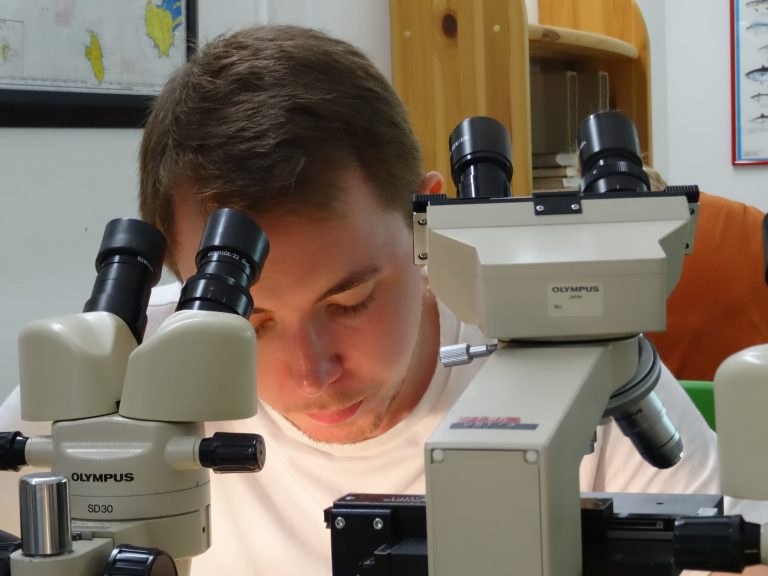
Insects are incredibly diverse and so are their ways of life. During my master’s in Bonn, I realized that these complexities span out into deep time I want to think of and answer questions on how insects reached this astounding level of diversity and what pathways they took in their evolutionary history. Ants are particularly interesting when we regard their emergence as social creatures and their rise to dominance and extreme diversity over a relatively short time span. Here in Arilab, I want to use modern techniques in data acquisition, visualization, and analysis.
Shubham Gautam, PhD Graduate
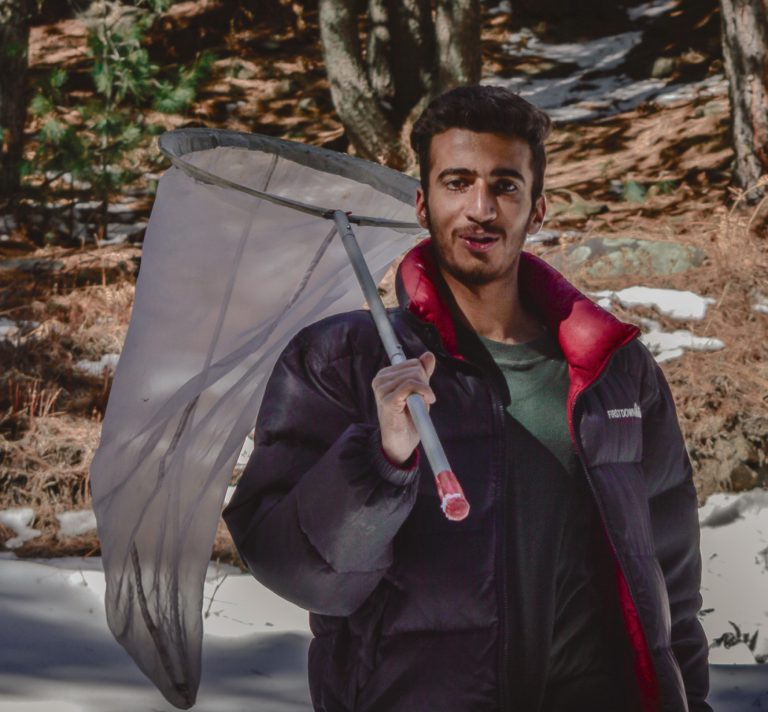
Growing up interacting with various kinds of animals and plants in a quaint Himalayan town of India, I’ve always been fascinated by the diversity of life around us. My curiosity about understanding the natural world, led me to pursue a master’s in wildlife biology and conservation at NCBS, Bengaluru. I studied thermal ecology and morphological plasticity in wing color characteristics of Pierid butterflies for my master’s thesis. After my master’s, I spent a year studying plasticity in reproductive traits of Himalayan oak trees in response to excessive anthropogenic thinning of these forests. These past projects shaped my current and long-term research interests, i.e., understanding the ecological and evolutionary causes and consequences of developmental plasticity in organisms. My approach to research is question oriented and I am most interested in answering fundamental questions in ecology and evolutionary biology.
Lazzat Aibekova, PhD Student
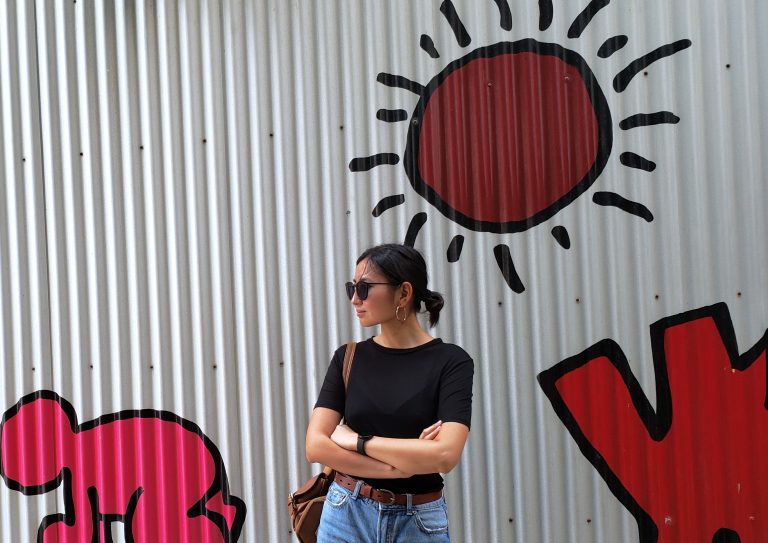
I’m Lazzat, from Kazakhstan. Before entering OIST, I studied at Nazarbayev University in Kazakhstan. For my undergraduate thesis I studied the evolution and epidemiology of HIV in Former Soviet Union countries. Here at OIST, during my rotations, I developed an interest in the evolutionary and ecological processes that shaped biodiversity. For my PhD I want to focus on biodiversity, biogeography and altitudinal adaptation of montane ants in Kazakhstan.
Larisa Kiseleva, Staff Scientist
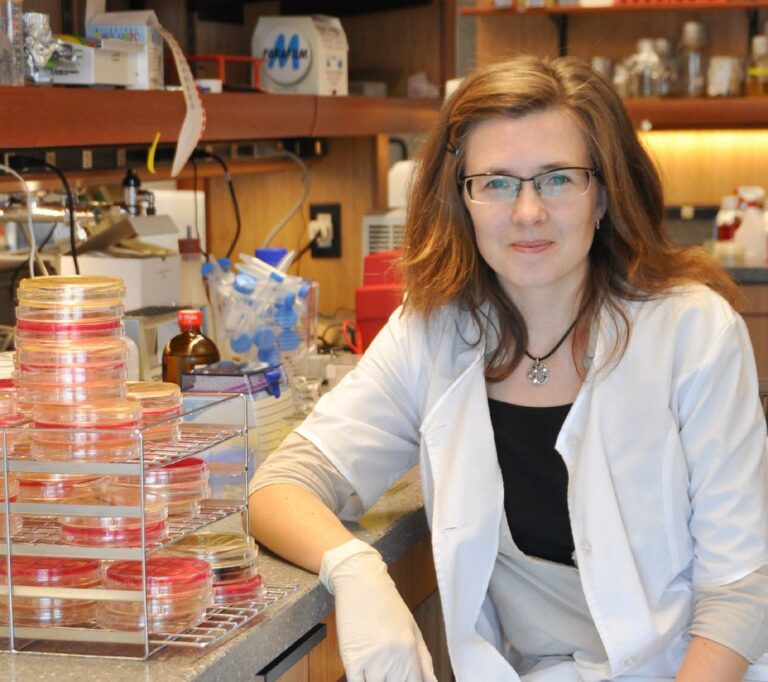
I learned methods of molecular biology during my PhD course and applied them later to study diverse biological processes: cell differentiation, cell electrogenicity, cell membrane fluidity regulation. Now I work on prediction bacteriophage genomes from metagenomic data. I hope to contribute to understanding of phage diversity at the genomic and community levels and their evolutionary relationships.
Karen Kohama, Research Technician

I recently completed my undergraduate studies at The City College of New York and a research intern in the Economo Unit. As an undergraduate, I studied the spatial diversity patterns of butterflies in the Philippines. As an intern, I transitioned to learn more about insect morphology and geometric morphometric methods, primarily focusing on Philippine butterfly wing and body size. Now as a research technician in the Arilab, I hope to support the lab through specimen curation, micro-CT scanning, and morphological segmentations.
Riou Mizuno, Postdoctoral Researcher
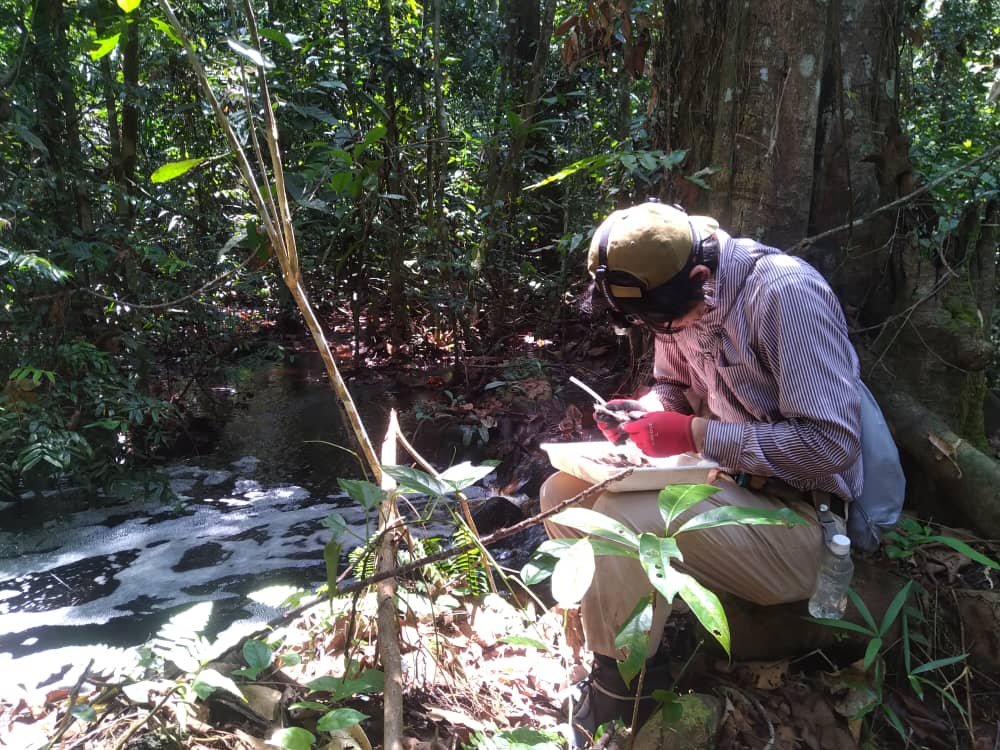
I am a natural history researcher interested in the evolution and diversification of life history traits of ants (social structure, morphological specialization, caste polymorphism, etc.). I am approaching this theme through fieldwork (observations and collections) and laboratory observations (observations and experiments with captive colonies). I describe the natural history of social and behavioral traits of ant species and discuss evolutionary history by comparing these traits.
From my undergraduate studies to Ph. D., I studied the life history of the non-army ant group of the subfamily Dorylinae at Kagawa University, Japan. I experienced fieldwork in tropical Southeast Asia, especially in Thailand, Malaysia, and Vietnam. During my master’s program, I spent one year at Chiang Mai University in Thailand as part of my Double Degree Program.
At Arilab, I will combine my natural history research approach with morphology using μCT to investigate the evolution of complexity in insect societies by comparing life history traits, behavior, and morphology. Specific projects will include 1) hunting tactics of the genus Strumigenys with their mandible morphology, and 2) the specialization of the life history traits and morphology of Dorylinae army ants.
Christine Sosiak, JSPS Postdoctoral Fellow
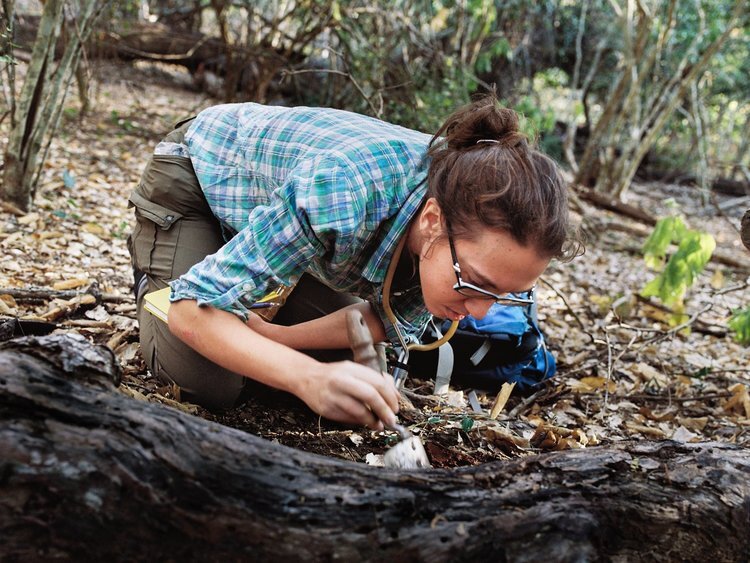
I am an entomologist and evolutionary biologist interested in patterns of extinction and diversification in insects in deep time. The research areas I am most interested in include patterns and mechanisms of extinction in the fossil record, new methods for paleoecological reconstruction of extinct communities, and mechanisms and drivers of morphological stasis in deep time. The main goals of my research center on understanding extrinsic and intrinsic factors linked to large-scale dynamics of extinction and persistence.
My previous research focused on understanding extinction dynamics in ants during the Cretaceous as a function of their estimated ecologies, through the synthesis of fossil, phylogenetic, and morphological data. At OIST, I plan to continue synthesizing such lines of evidence and expand my research to assess a variety of drivers of extinction and diversification in the ant fossil record, including interspecific competition, environmental change, and assessing lineage responses to such pressures, to ultimately understand what factors underlie selective extinction patterns in insects.
Eli Sarnat, Taxonomist-at-Large
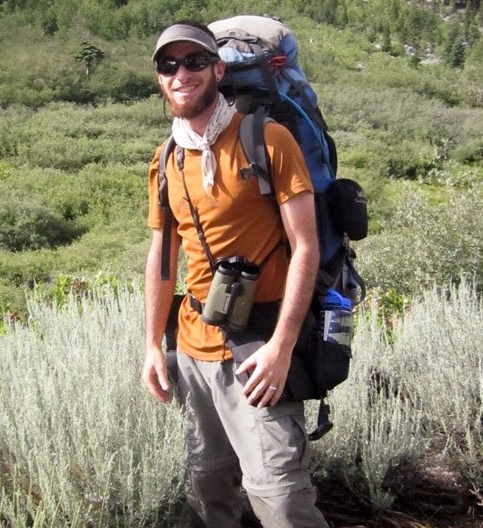
My current research focuses on better understanding the diversity of Pacific island ant faunas and preventing the spread of invasive ant species across the globe. I study the evolution, systematics and biogeography of Pacific ants, especially those of the Fijian archipelago. I am also developing identification guides to invasive, introduced and commonly intercepted ant species to help researchers, quarantine personnel and conservationists prevent their spread. I work on projects remotely from my solar-powered cybertaxomony lab in the Klamath-Sikisiyou mountains of Northern California.



